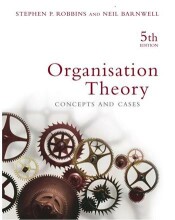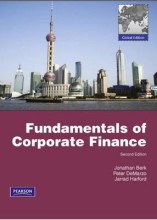Contracts: Formation and Content
25 important questions on Contracts: Formation and Content
What is a contract?
What are the exceptions to the privity of contract rule?
2. Leasing
3. Insuring
4. Named/designated third parties that are clearly meant to benefit from the contract
What 3 elements must be present for the formation of a contract?
2. Intention to create a legally binding relationship
3. Presence of consideration
- Higher grades + faster learning
- Never study anything twice
- 100% sure, 100% understanding
When is an offer legally binding?
2. When it has been communicated to the offeree
3. The terms of the offer are certain
4. The offer has not been terminated
What is the difference between an offer and an invitation to treat?
What is the mirror image rule?
What is the last shot rule?
In what two forms may a consideration of a contract manifest itself?
2. Unilateral - act done in return for promise
How does one make a one-sided promise legally enforceable?
2. Trhoug nominal consideration
What is the Parol Evidence Rule?
What are the 3 categories of contract terms in English law?
2. Warranties
3. Innominate
What is a condition?
What is the difference between express terms and implied terms?
In what 3 ways can a term be implied in a contract?
2. Statute
3. By the courts
What is an exclusion clause?
In what 3 ways must an exclusion clause be incorporated?
2. Part of a signed document
3. Previous course of dealing (if standard contracts are used all the time in a business relationship, and an agreement is made over the phone this is also valid)
With what 3 conditions must an exclusion cause comply to be valid?
2. Main purpose rule (it is presumed that the exclusion cause does not defeat the main purpose of the contract)
3. Fundamental breach (do parties really mean to exclude liability for fundament breach)
What is necessary for statutory product liability?
2. Damages
3. A defect
4. Causation
What is the postal rule?
What is the doctrine of good faith?
What is the Rule in Pinnel's case?
What is a unconscionable bargain?
What is the four corners rule?
What is the difference between a condition and a warranty?
What is a vitiating factor?
The question on the page originate from the summary of the following study material:
- A unique study and practice tool
- Never study anything twice again
- Get the grades you hope for
- 100% sure, 100% understanding





























